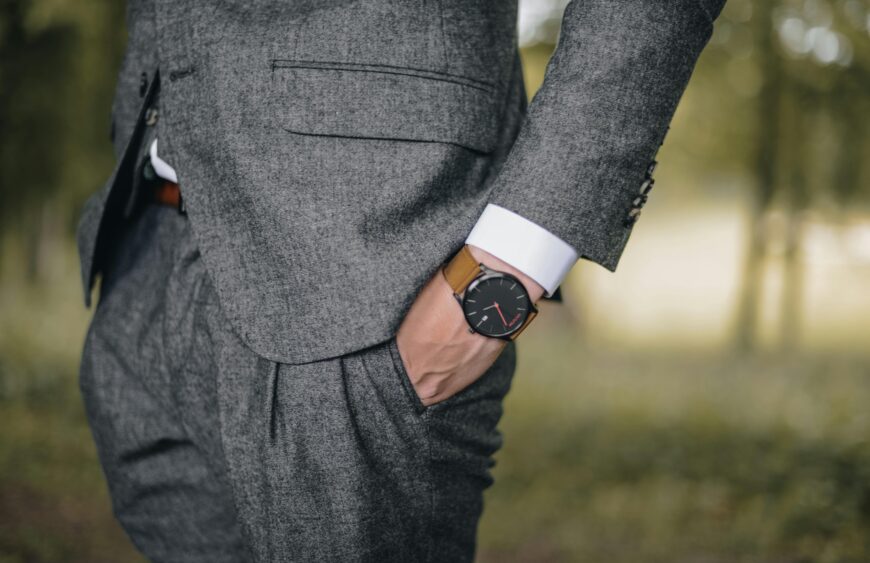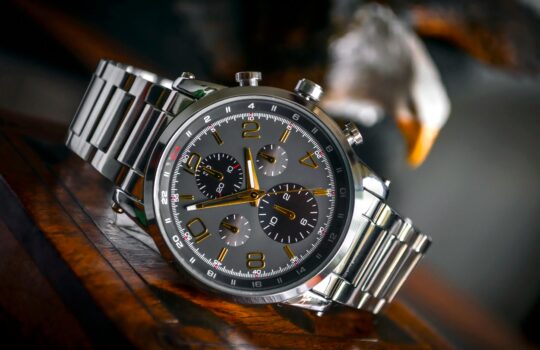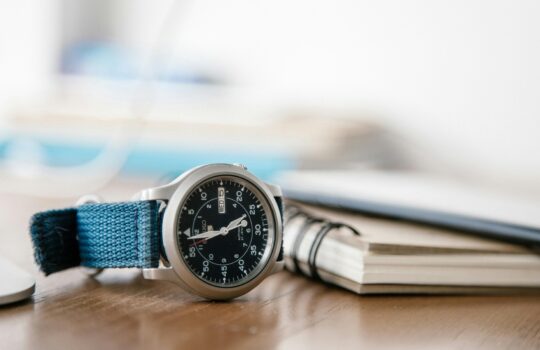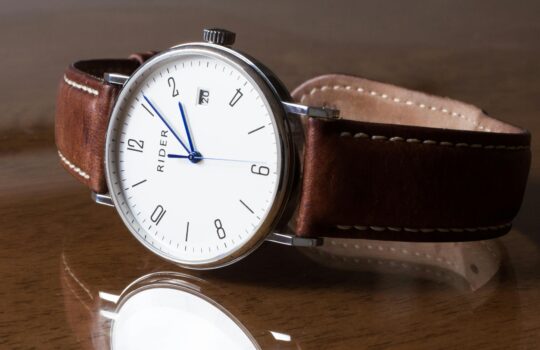Watches, though seemingly simple accessories today, carry centuries of human innovation and cultural evolution within their tiny frames.
1. The Origin: Birth of the Pocket Watch
In the early 16th century, German clockmaker Peter Henlein is credited with creating the first portable clock – the pocket watch. These early timepieces were large and worn around the neck or carried in pockets, mainly as a symbol of wealth and status rather than for precise timekeeping.
2. The Transition: The Invention of Wristwatches
Interestingly, wristwatches were first designed for women as decorative “bracelet watches” in the late 19th century. However, it was World War I that transformed wristwatches into practical tools for men. Soldiers needed to check time quickly without reaching into their pockets during combat, so they began strapping pocket watches onto their wrists – a change that revolutionized the watch industry forever.
3. The Evolution: Mechanical to Quartz
Throughout the 20th century, mechanical watches dominated, with Switzerland becoming the global hub for fine watchmaking. In the 1970s, Seiko introduced the first quartz watch, offering unprecedented accuracy and affordability without the need for manual winding. This innovation sparked the “Quartz Revolution,” challenging the traditional mechanical watch industry worldwide.
4. The Revival: Mechanical Watches as Art
While quartz watches ruled the market for daily use, mechanical watches made a strong comeback due to their craftsmanship, complexity, and heritage value. Today, owning a mechanical watch is not just about telling time – it’s about appreciating the intricate engineering and timeless artistry behind each piece.
5. The Innovation: Rise of Smartwatches
In the 21st century, technology giants introduced smartwatches, integrating fitness tracking, communication, and payment systems into a single device on your wrist. Despite their popularity, traditional watches remain irreplaceable for their mechanical beauty, elegance, and cultural significance.
Final Thoughts
From the bulky pocket watches of the 1500s to the precise quartz models and cutting-edge smartwatches of today, the evolution of watches tells the story of human ingenuity and our enduring desire to master time. Whether worn for function, style, or tradition, watches remain timeless companions through every chapter of life.





